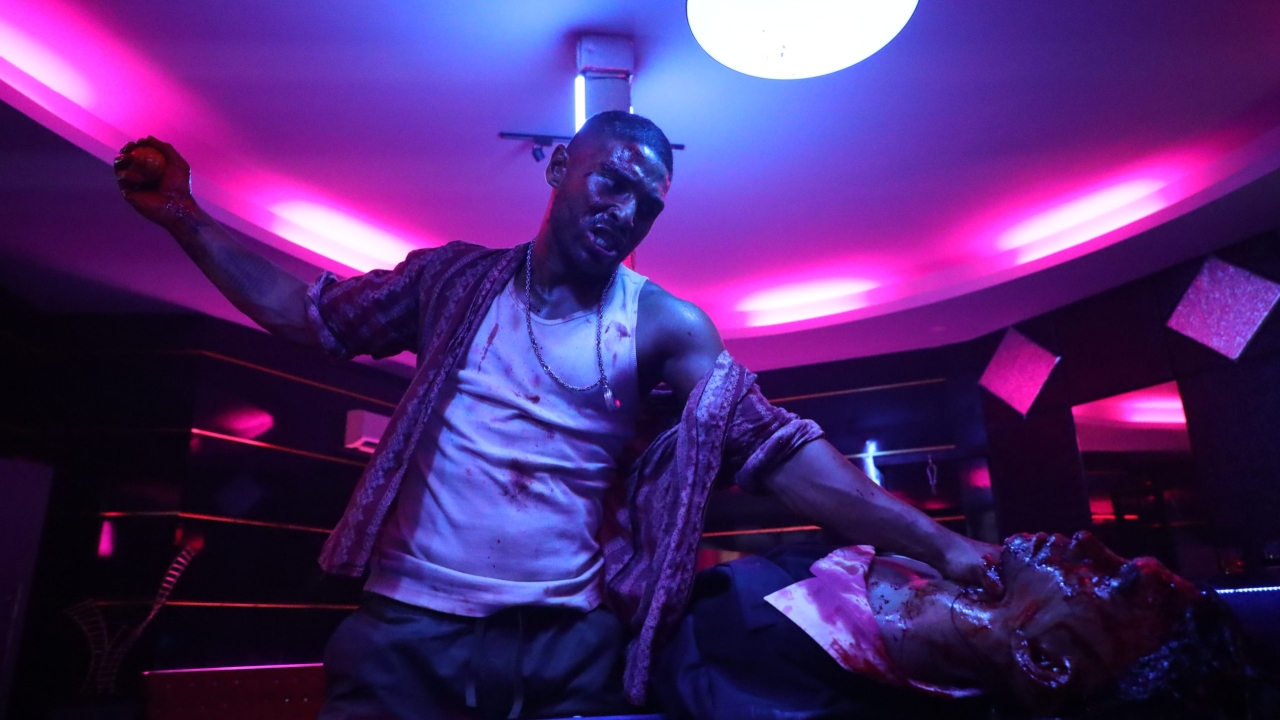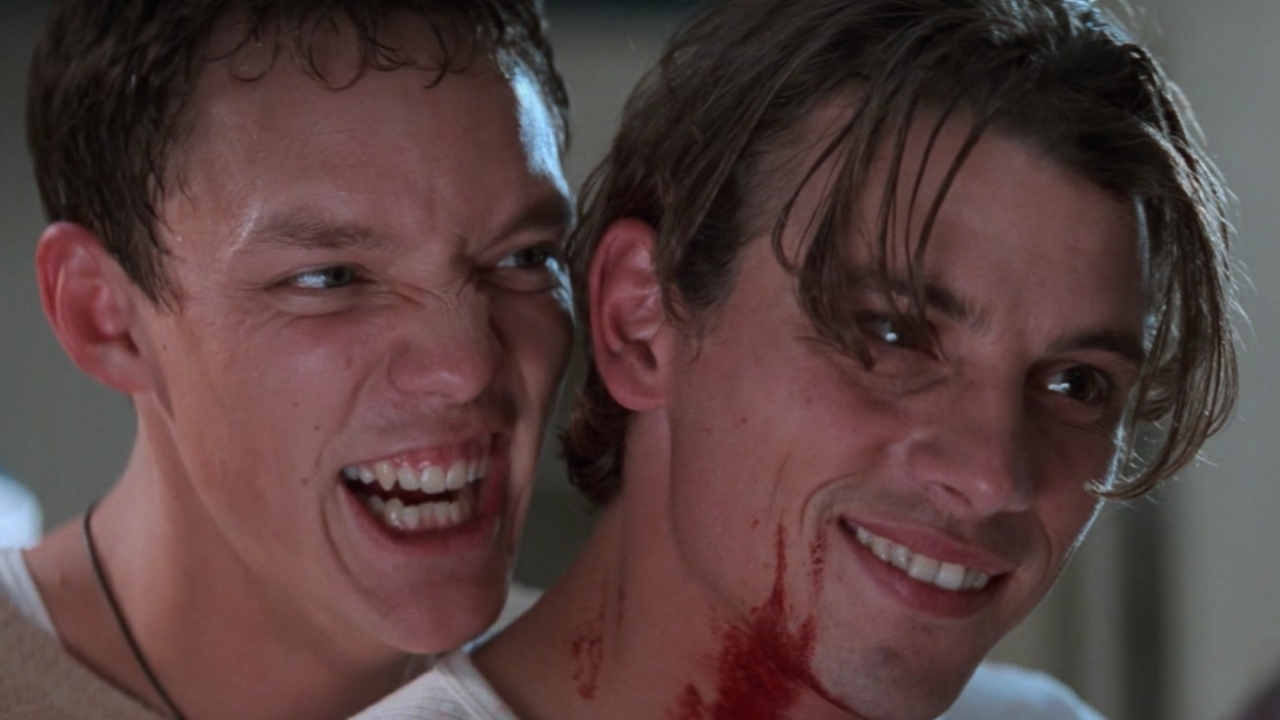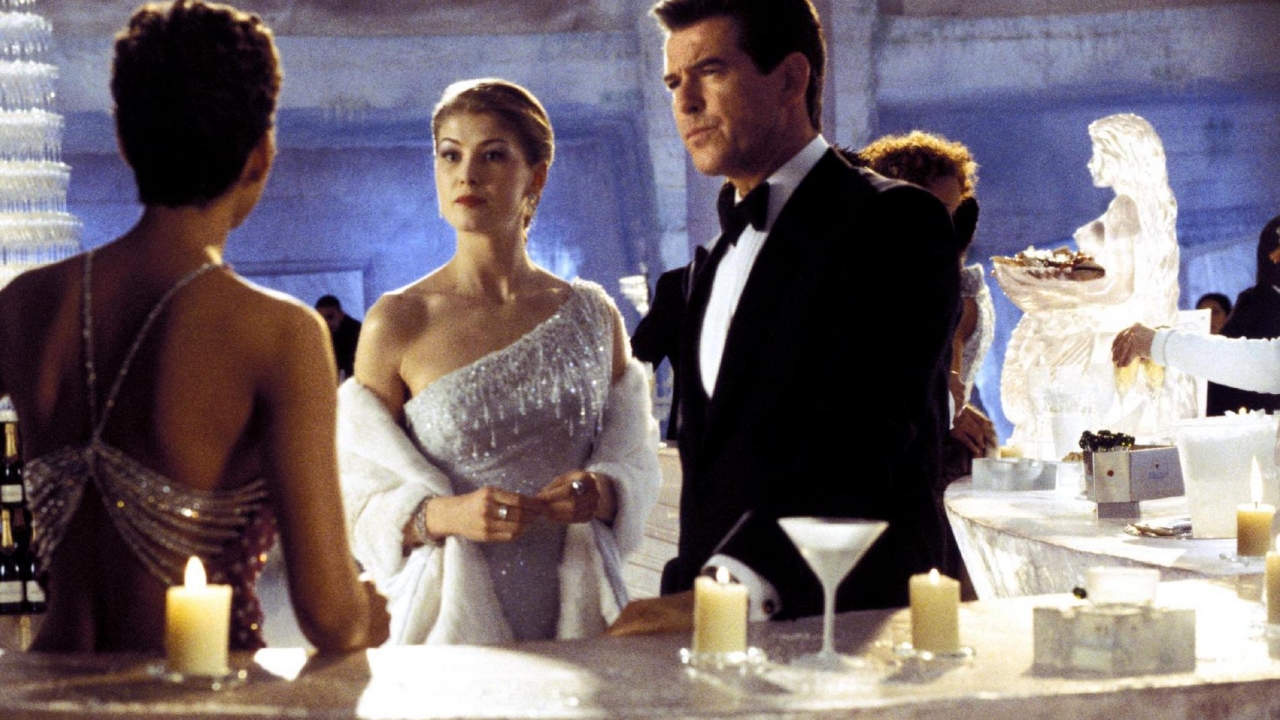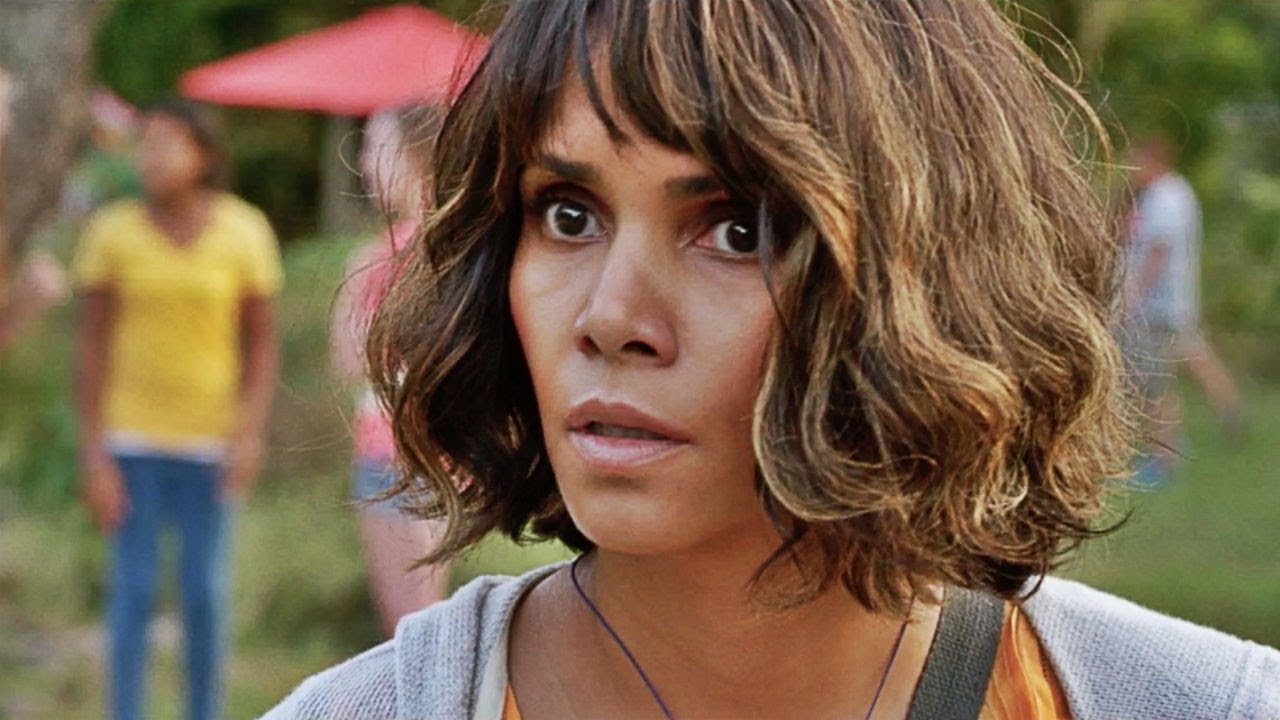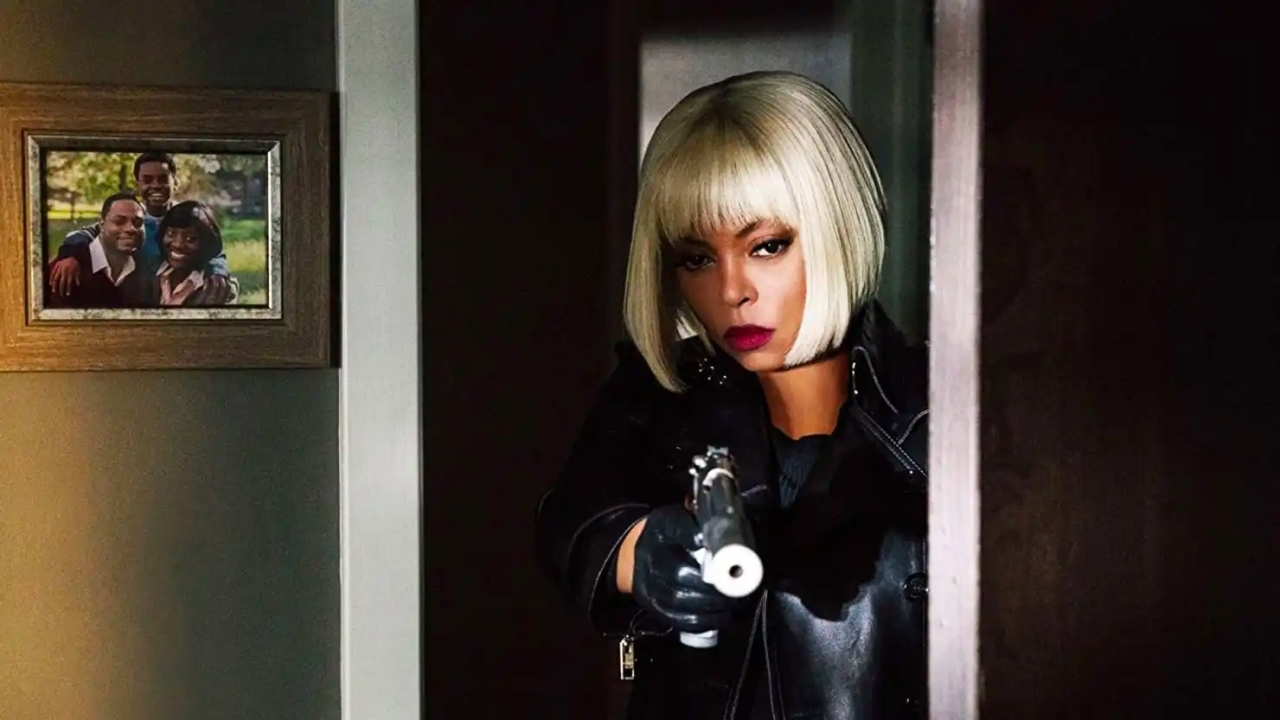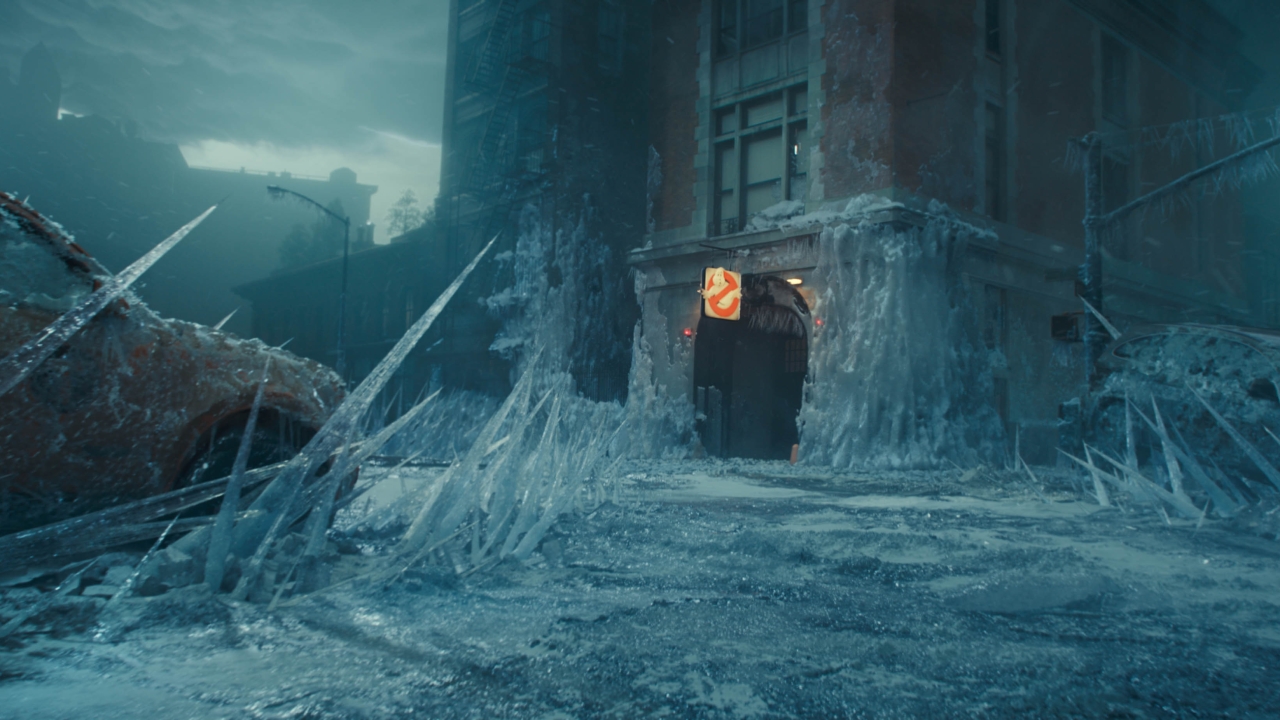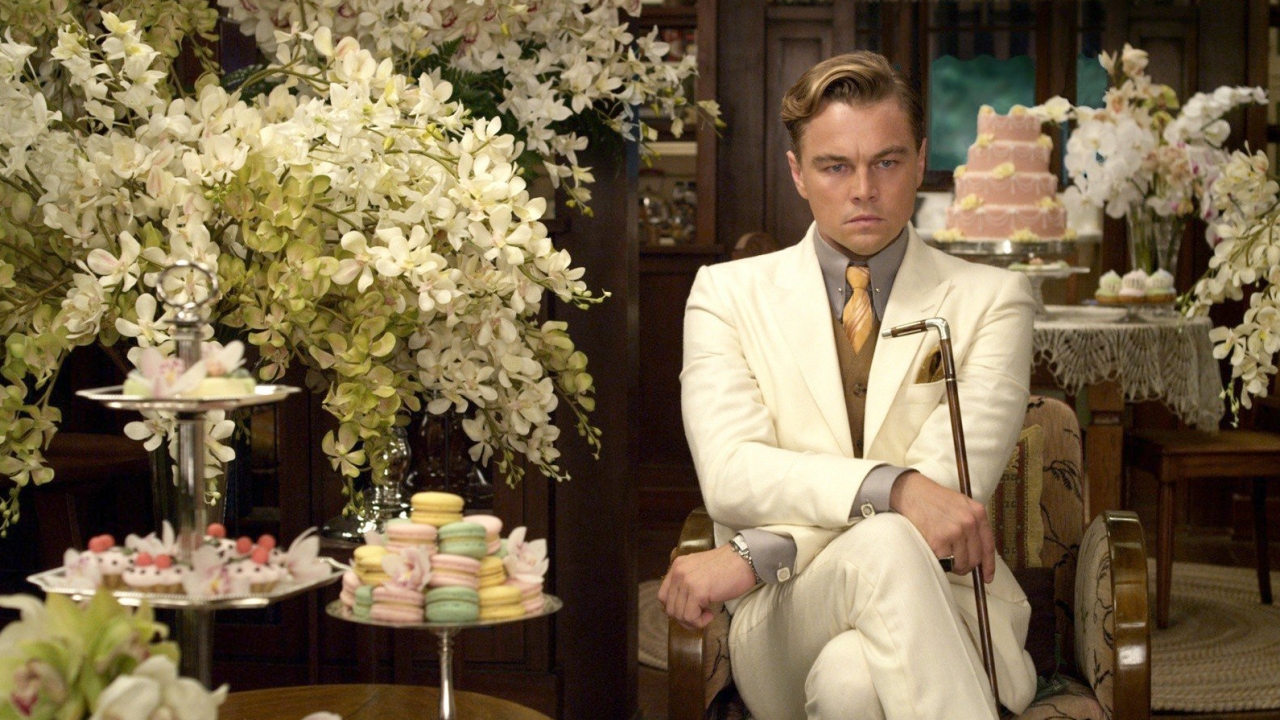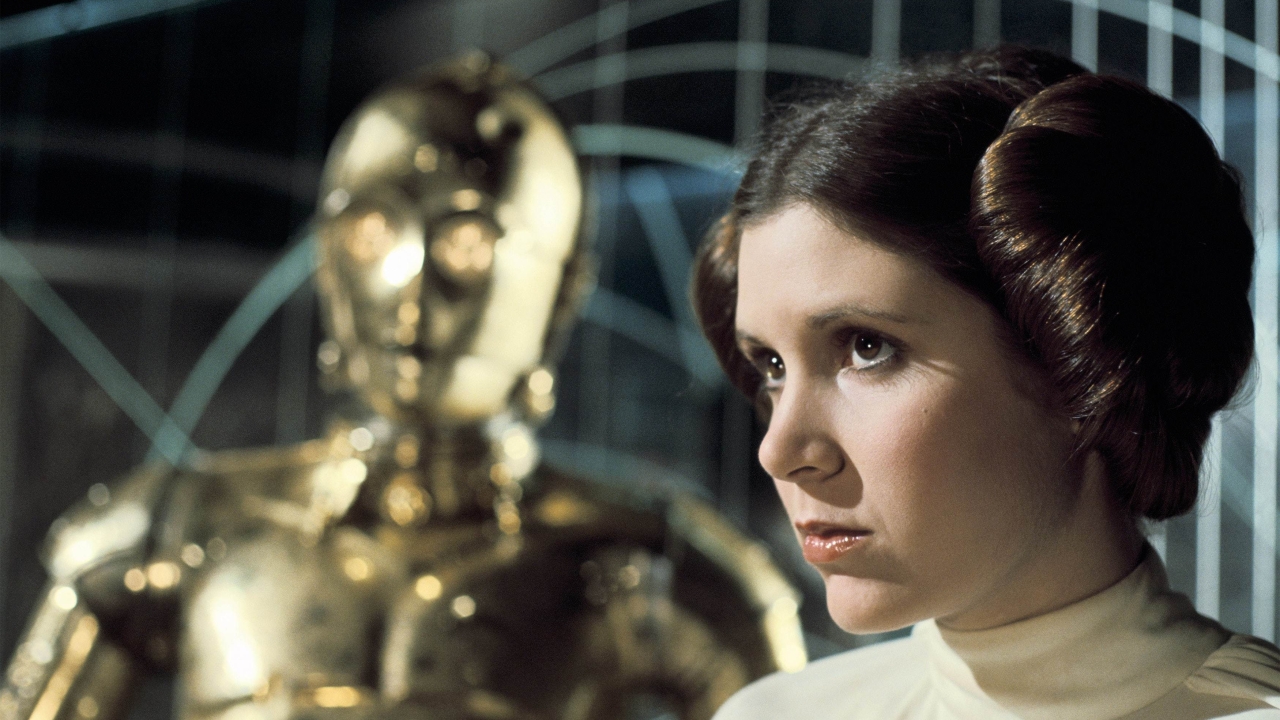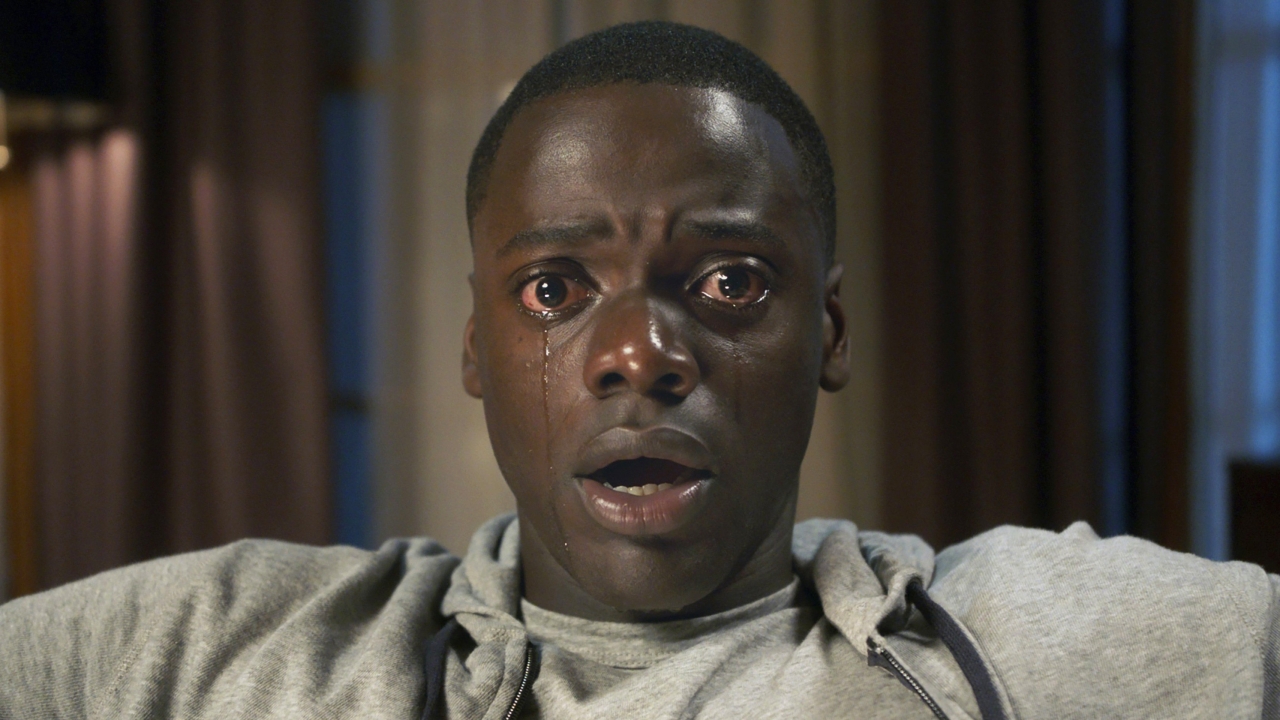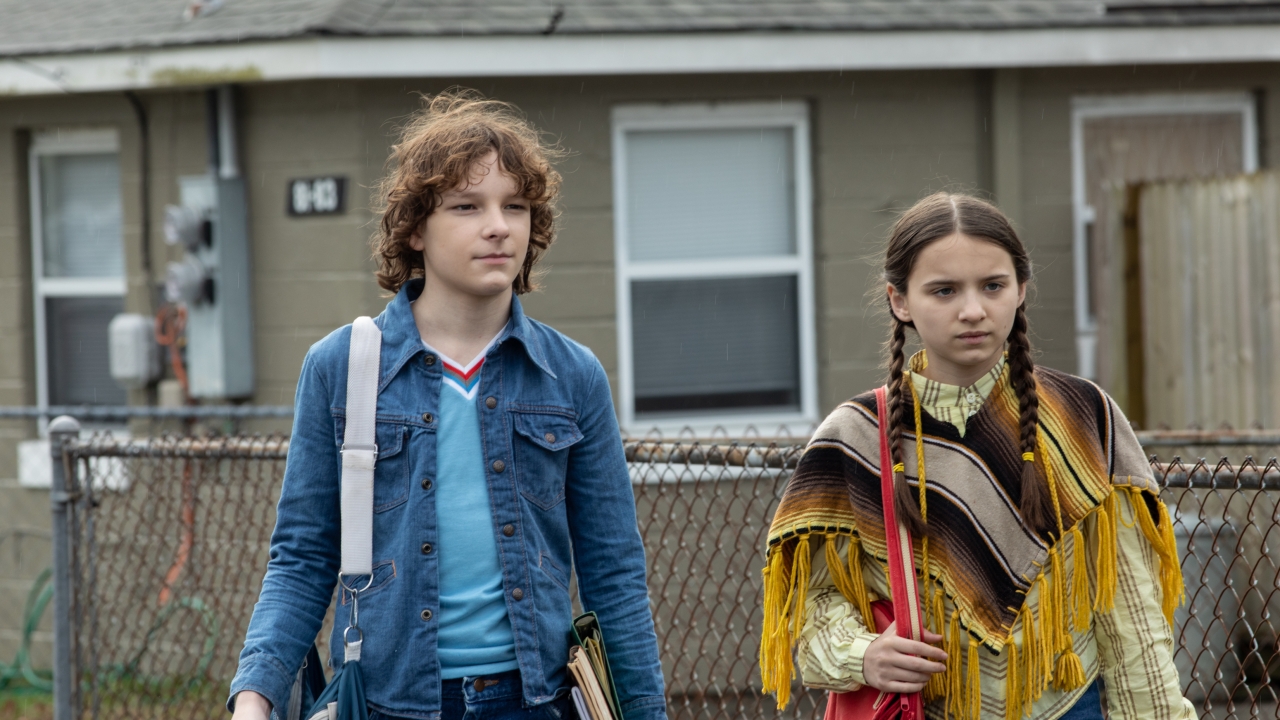Denis Villeneuve's Vision for the Future of Cinema: A Push for Visual Storytelling and Artistic Innovation
News - 28 February 2024
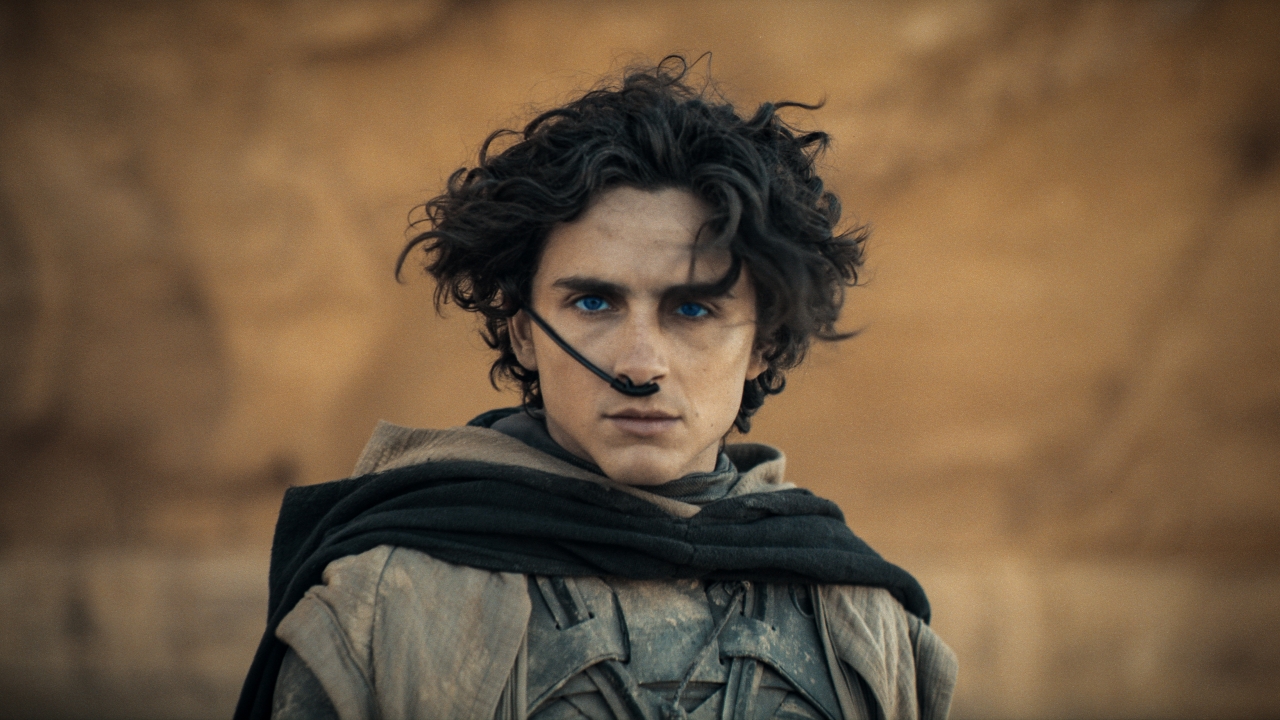
This week marks the highly anticipated release of Dune: Part Two, a film directed by Denis Villeneuve. Villeneuve, known for his work on Arrival and Blade Runner 2049, is currently in the spotlight promoting his blockbuster. However, during a recent interview, Villeneuve took the opportunity to express his views on the current state of television and its impact on the film industry.
According to Villeneuve, films are inherently more ambitious and should push the boundaries of experimentation. He argues that the visual aspects of a film are crucial in creating a memorable and impactful experience for the audience. In fact, Villeneuve goes as far as to say that he would be interested in making a film without any dialogue at all.
He believes that dialogue is often associated with theater and television, and that the true power of cinema lies in its ability to convey emotion through visual imagery and sound.Villeneuve's disdain for dialogue stems from his belief that a film should be able to stand on its own without relying on verbal communication. He envisions a film that captivates audiences solely through its visuals and audio elements, challenging viewers to engage with the story in a more immersive and abstract way.
Despite his criticisms of current trends in filmmaking, Villeneuve acknowledges the changing tastes of today's youth. He cites the success of films like "Oppenheimer," a lengthy and intellectually demanding film that attracted a young audience despite its complex subject matter. Villeneuve attributes this shift in audience preferences to a desire for more substantive and meaningful content, suggesting that longer, more thought-provoking films are finding an eager audience among today's moviegoers.
In a time when streaming services dominate the entertainment landscape, Villeneuve's comments serve as a reminder of the unique power of cinema to transport audiences to new worlds and challenge their perceptions of reality. By embracing bold experimentation and pushing the boundaries of visual storytelling, filmmakers like Villeneuve are paving the way for a new era of filmmaking that prioritizes artistic vision and creativity over conventional storytelling conventions.As audiences flock to theaters to experience the spectacle of Dune: Part Two, they are not only witnessing the continuation of a beloved saga but also engaging with a work of art that challenges their expectations and pushes the limits of what cinema can achieve.
In an age where the line between film and television is increasingly blurred, filmmakers like Denis Villeneuve are setting a new standard for cinematic excellence and challenging audiences to engage with cinema in a fresh and exciting way.In Conclusion, Denis Villeneuve's provocative comments on the state of modern filmmaking serve as a call to action for filmmakers and audiences alike. By embracing the power of visual storytelling and pushing the boundaries of traditional narrative conventions, Villeneuve and his peers are leading a renaissance in the world of cinema that promises to captivate and inspire audiences for years to come.
As we continue to witness the evolution of the film industry, it is clear that the future of cinema is in good hands with visionaries like Denis Villeneuve at the helm.
